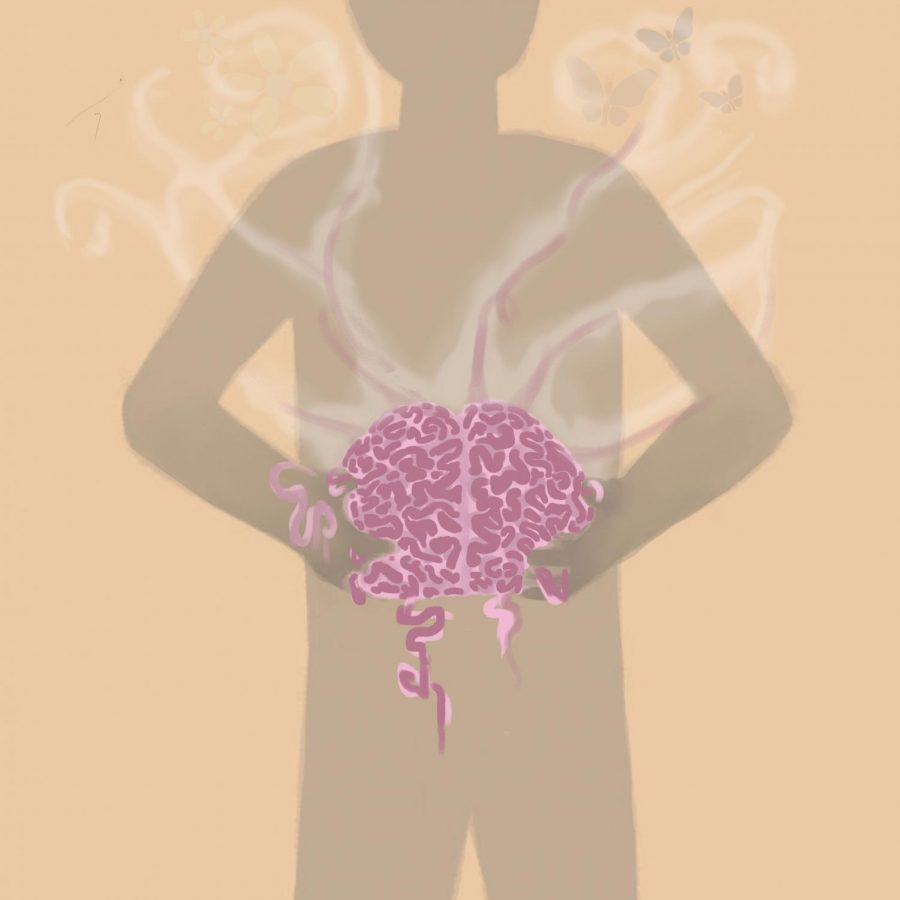Inside The Remembering of the Memory
TRIAD OF MEMORY: The brain has three main memory systems: long term, short term, and sensory.
January 7, 2019
Memory is very important. It helps us get through our everyday life, do tasks we need to survive, and it is what makes us human. Without our memory, we would fail at a lot of things, even simple actions. That is why we have three main memory stages: short term, long term, and sensory. Information begins in the sensory memory stage then moves to short term stage and finally to the long term stage. Not all information makes it through though; most of it is lost or forgotten. The brain is “designed” to only process information through the stages that will be used at a later time and allows the rest to pass on unnoticed.
Let us start with sensory memory. Sensory memory is the shortest of all the stages, lasting from 200 to 500 milliseconds. The sensory memory is the ability to retain impressions of sensory information after the original stimulation has ended. It acts as a buffer for stimulation received through the five senses. It does not require any conscious control but it degrades very quickly. Senior Kaden Rizvi says, “I’d like to be better at sensory memory. I feel like there is so much information about it that is lost because of how short it is.” Every moment since you have been alive, your senses are constantly taking in great amounts of information about what you feel, hear, see, taste and smell. What it does is create something like a picture, allowing you to focus your attention to small details. If we believe that something we experienced is worth remembering, then it will move on to the next stage of memory; short term memory.
Short term memory is the second stage of the memory process. Short term memory can hold about seven items for no more than 20 or 30 seconds at a time. According to ELearning Industry, “Short term memory is weakening (due to many reasons including: medication, sleep deprivation, a stroke, etc.) causing it to be the first step of memory loss.” Short term memory is a function of the frontal lobe of the cerebral cortex. It has the capacity for holding, but not manipulating, a small amount of information in an active state. We use short term memory all the time. For example when you need to memorize a phone number, that number only exists in your memory for a short amount of time. However, if it was your lunch number or debit card pin, you would remember it indefinitely. It would then move on to the next stage; long term memory.
Long term memory is the stage in charge of the storage of information for an extended period of time. It is the last stage your memory or information will reach before it is sorted into the specific places for the memories at hand. Information in this stage is first stored in the hippocampus and then transferred to areas of the cerebral cortex for permanent storage. For example, there is musical memory for all the music and tunes we remember. This stage of the human memory is capable of holding information indefinitely, thus making it very important. Freshmen Charles Lim says, “I consider my long term memory the most important asset to me. You wouldn’t be able to remember anything without it.”
Memory is crucial to living. Without it, you really would not remember anything you do or even anything about yourself. There is a lot more to the human brain, but this is one of the most popular aspects to be researched. Do not forget to remember!



